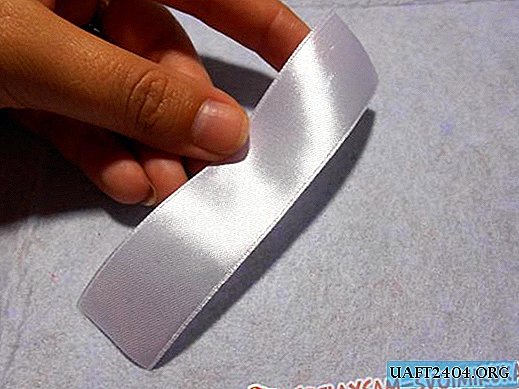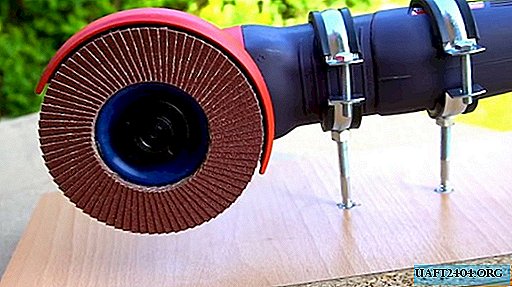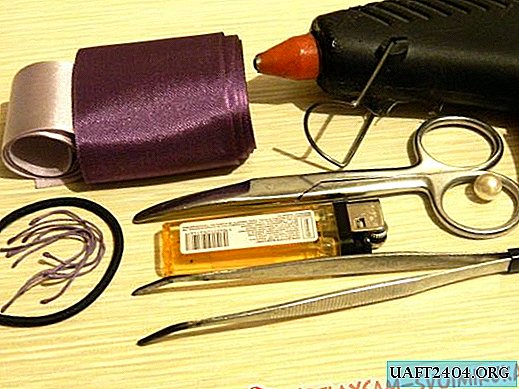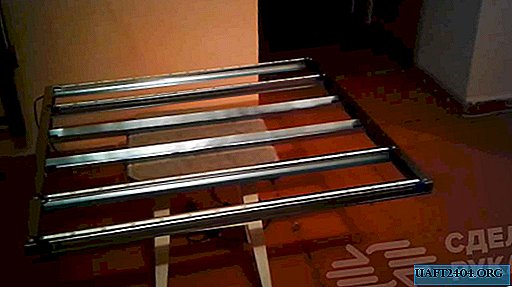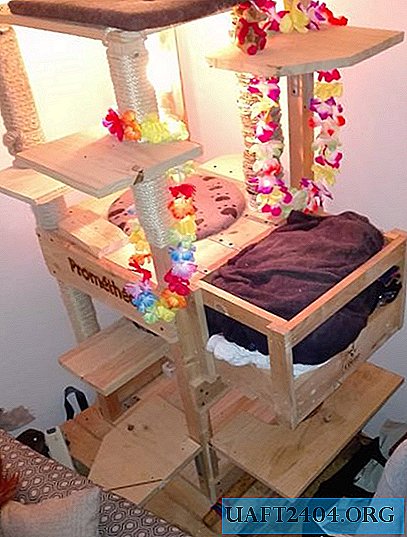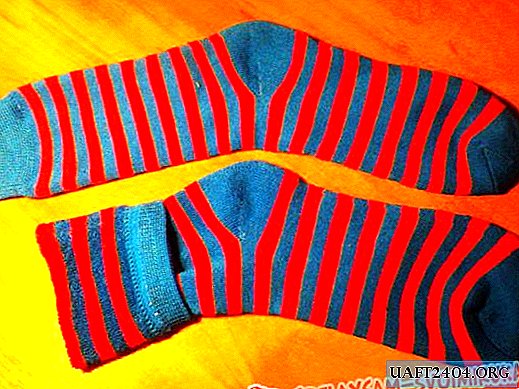Share
Pin
Tweet
Send
Share
Send
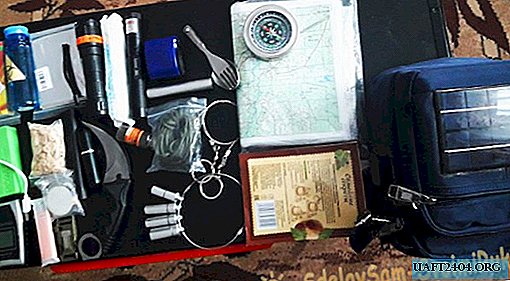
Spring is just around the corner, which means that soon lovers of hiking trips will begin to prepare their gear for travel. However, some lovers of this type of outdoor activities do not stop even in winter - I know for myself ... With me, at what time of the year I would not go out into the forest, there is always an EDC kit, even if I go light and do not take my backpack. The EDC set is the minimum set of essentials that will certainly be required in any emergency, unexpected or force majeure situation.

These sets are sold in any store that sells related goods. These are sports equipment stores, tourist equipment, you can also find such sets in fishing and hunting stores. In a good way, such a kit should be in every car, along with a first-aid kit and a fire extinguisher. Moreover; every backpacker who likes, for example, to overcome long distances over rough terrain, or is fond of climbing, should have such a minimum set. Kits sold in stores have a wide variety of shapes, equipment and sizes. In most cases, these are, as a rule, tin or plastic containers glued with foam on the inside to prevent the battle of fragile items. But the packaging of such containers, from different manufacturers, is similar only for its intended purpose - this is helping a person in an emergency. All such kits have different tools and essentials. Somewhere, something may not be at the right time; manufacturers will not provide for everything. Therefore, I propose to assemble such a kit yourself, where all the necessary and necessary items and tools will be available.
Will need
- A small bag with a shoulder strap, with a capacity of not more than three kg.
The rest of the components of the bag, we will purchase in the sporting goods store, as well as in hunting and fishing stores. Perhaps, you will have to order something in chain stores, since not everything you can find in local stores with the corresponding goods. Well, something, of course, had to be made independently - this is a more detailed topographic map, which I could not find on sale. To make it yourself is not difficult; you just need to find detailed topographic maps of your area (or the one on which you plan to travel) on the Internet. Take screenshots at your chosen scale.

Make a full map of them in a photo editor.

Divide it into A4 fragments.

Print on a color printer and glue the sheets with tape.

In the same way, you can make a satellite map.


Necessary things:
- A small knife.
- Lighter.
- Hunting matches.
- Thermo blanket.
- Power bank with cable to connect to the desired device.
- Spare batteries.
- A small phone (from the old button models - they better catch the connection).
- GPS satellite navigator.
- Compass (in case of breakage or loss of the navigator).
- Map of the area (topographic or satellite).
- Flint.
- Bandage, manganese.
- Flashlight.
- A small plastic bottle with ignition fluid.
- Dry fuel.
- Remedy for mosquitoes and ticks.
- Whistle.
- Packing peanuts or a protein bar.
- Fishing lines, hooks and other fishing gear, in metal containers.

Also, in addition to the above necessary things, it is desirable to have in a set:
- Dynamo manual charger.
- Small solar panel.
- Laser designator (for signaling during daylight hours).
- Magnesium bar.
- A spoon.
- A bag of freeze dried food.
- Hand string saw.
- Kapron cord (in case you have to put shelter).
- Small carbon filter for water.
- Thin steel wire (for making snares).

Tools and items in the second list are optional, but desirable. In case a person loses the opportunity to continue the path, for one reason or another, or his movement will greatly slow down.
Things such as matches, a lighter, batteries, a telephone, and others that can be damaged by moisture must be sealed with a metal ruler and a soldering iron in polyethylene, or placed with a bag with a clasp.

Hooks of different sizes, fishing line, artificial bait, and other fishing accessories are best laid out in metal containers - if necessary, you can always easily assemble a simple donka from them.

Spare batteries (batteries or rechargeable batteries) are best purchased those that are suitable for most of the gadgets available in the kit, and store them in a sealed, preferably rigid packaging.

The knife should be selected small, which easily fits into a bag or set container, but reliable enough, made of good steel and always well sharpened. A laser pointer will help to give a signal in the daytime, when a simple flashlight, or a whistle, will be ineffective - a beam from a good laser is visible for several km. Next - peanuts, good in that it is very nutritious and high-calorie - a couple of handfuls will relieve hunger. You can also put a few sweets in a bag or container, preferably milk-based.

Bandage and manganese should also be kept in some kind of waterproofing. Manganese disinfects water very effectively, and they can also treat scratches, small wounds, or corns on the legs.
All of the above items from both lists are very compact and can easily fit in a small bag, which, in turn, will hang on the side. My EDC bag, for example, has a very compact size and, despite the abundance of a variety of tools and items, weighs only about two or two and a half kg, no more, despite the fact that there is still free space left in it ...

When buying things and items to complete the set, you should choose a small size, small, neat and compact, but effective to use. You can, if you are reluctant to hang a bag over your shoulder, put it in a backpack - this is a personal matter for everyone. This essential kit can be taken with you not only on camping trips, or fishing, but, for example, mushrooms.

Anyway, in any event associated with extreme sports, or even with minimal risk. In general, you can assemble a kit from everything that, in your opinion and opinion, may be needed in an emergency.
Share
Pin
Tweet
Send
Share
Send


